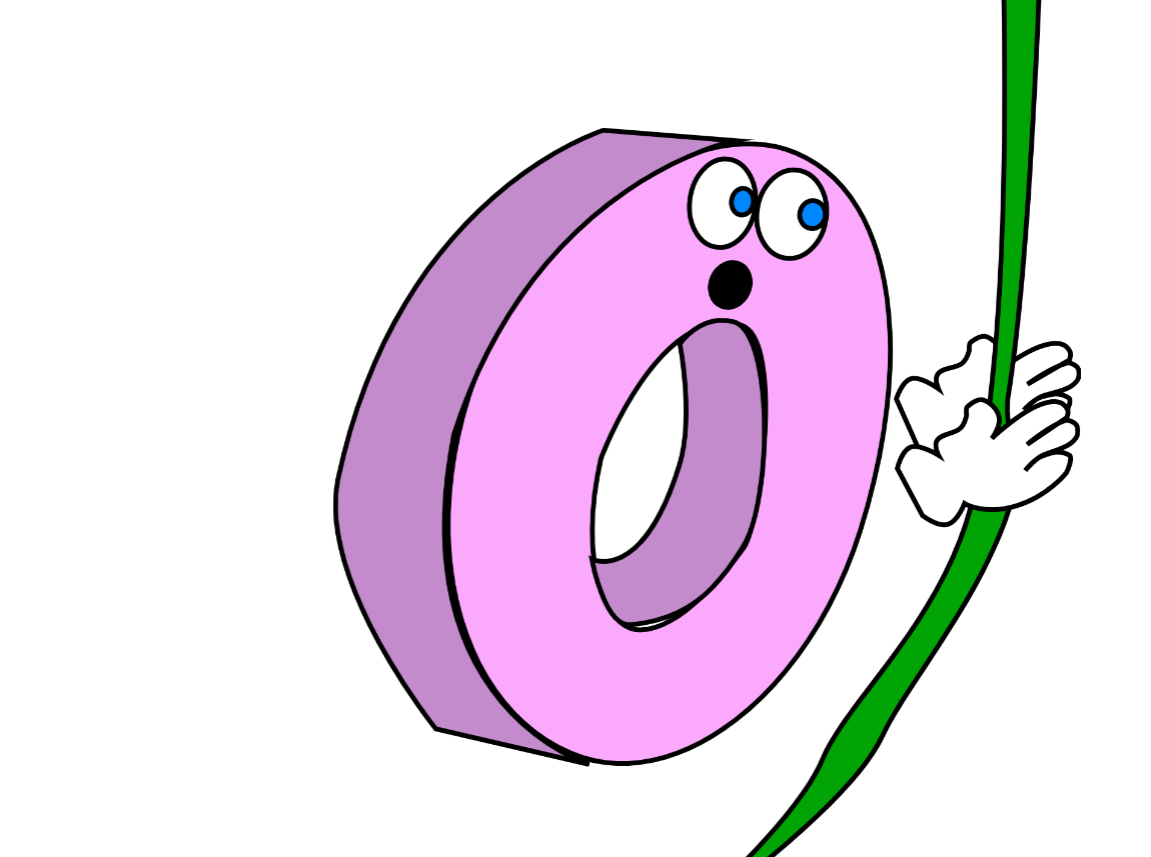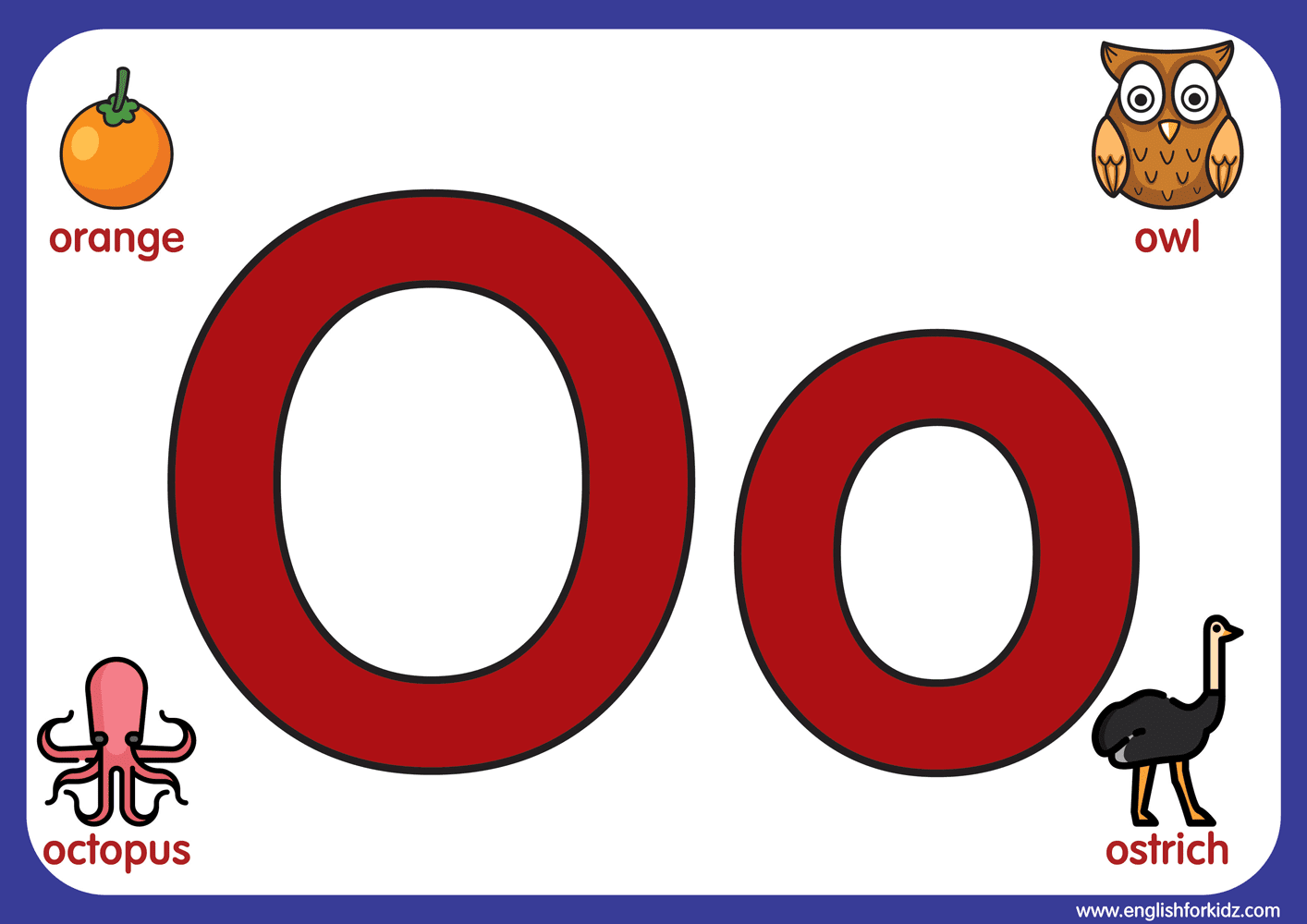Have you ever come across a short phrase or a combination of letters that just seems to pop up everywhere, but with a different meaning each time you see it? It's a bit like a chameleon, changing its colors depending on where it sits. Well, "o po" is that kind of phrase, really. It shows up in so many different contexts, from polite everyday talk to the names of gadgets and even online communities. This can make it a little confusing to figure out what someone means when they say or write it, you know?
Today, we're going to take a closer look at "o po" and its many faces. We'll explore how this simple pairing of letters holds a lot of significance, depending on where you hear it or what you are doing. From language to technology and even the digital spaces we spend time in, "o po" has a surprising reach. We'll try to make sense of it all, so you can feel more sure about what "o po" means in different situations.
Understanding these different uses is pretty helpful, especially as our world gets more connected. Whether you're chatting with someone from another country, looking at a new phone, or just browsing the internet, knowing these small details can make a big difference. So, let's explore the various interpretations of "o po" and see how it shapes our communication and experiences, okay?
Table of Contents
- "Opo": A Polite Yes in Tagalog
- The "Op" Word Family in Phonics
- OPPO: A Leap in Mobile Technology
- OPO: One Person Operated Systems
- PO Wenxue: A Hub for Chinese Web Novels
- "O P" and "O Po" in Online Communities
- Frequently Asked Questions
"Opo": A Polite Yes in Tagalog
One of the most common ways you might hear "o po" is in the Tagalog language, which is spoken in the Philippines. Here, "opo" is a very important word, a way to show respect when you are talking to someone older or someone who holds a position of authority. It's basically a polite form of "yes," and it's used a lot in daily conversations. You'll hear children use it when talking to their parents, and people use it when speaking to teachers or elders, for instance.
The word "opo" comes from the root "oo," which just means "yes." Adding "po" makes it more respectful, showing deference. This small addition makes a big difference in how your words are received. It's a fundamental part of Filipino culture, where respect for elders and those in charge is a very strong value. So, if you're ever in the Philippines or talking to a Filipino speaker, using "opo" at the right time can really help you connect with people, you know?
It's interesting how a single word can carry so much cultural weight. This use of "opo" goes beyond just saying "yes"; it carries a message of honor and good manners. It shows that you understand and appreciate the social structure. This makes it more than just a simple response; it's a gesture of politeness that everyone recognizes and values. It's a pretty good example of how language reflects cultural norms, actually.
The "Op" Word Family in Phonics
Moving away from language politeness, "o po" can also remind us of something completely different: early reading lessons. In phonics, children often learn about "word families," which are groups of words that share the same ending sounds. The "op" word family is one of these. Think about words like "hop," "pop," "top," and "mop." They all share that "op" sound, don't they?
Learning these word families helps young readers recognize patterns in words. This makes it easier for them to sound out new words and build their reading skills. When children sing songs or do activities about the "op" family, they're not just having fun; they're building a strong foundation for reading. It's a pretty fundamental step in learning to read, so it is.
The "op" sound is a short "o" sound followed by a "p" sound. This combination is rather common in English, making the "op" family a good starting point for kids. It's a simple, yet powerful, tool in the world of literacy education. So, while it might seem basic, this "o po" connection to phonics is a very important part of how many of us first learned to read, anyway.
OPPO: A Leap in Mobile Technology
Now, let's shift gears completely to the world of technology. When you see "Oppo" written with a capital "O" and "P," it often refers to a global brand that makes smartphones and other electronic gadgets. OPPO has become a pretty big player in the mobile phone market, known for its innovative designs and camera technology. They've introduced some interesting features over the years, too it's almost.
OPPO offers a wide range of devices, from their premium Find N series, which includes foldable phones, to their popular Reno series and the more accessible A series. They're always looking to push the boundaries of what phones can do, like with their fast charging technology or advanced camera systems. As of late 2024, they continue to release new models, trying to stay ahead in a very competitive space. You can explore the latest innovative OPPO smartphones and accessories and leap into the future with OPPO Find N5, OPPO Find X8 series, OPPO Reno14 series, OPPO Find N3 series, OPPO Pad 3, for instance.
This brand's presence shows how "o po" can be part of a larger, commercial identity. It's a name that signifies a particular company and its products. So, if someone mentions "Oppo," they're most likely talking about these sleek and powerful devices. It's a different kind of "o po" altogether, showing how varied this simple combination of letters can be, you know?
OPO: One Person Operated Systems
In various operational settings, especially in industries where efficiency and single-person control are key, "OPO" can stand for "One Person Operated." This term describes a system, a piece of equipment, or even a process that a single individual can manage or control without needing extra help. It's all about making things simpler and more self-sufficient, in a way.
You might hear this term in contexts like transportation, manufacturing, or even in certain types of machinery. For example, a crane might be designed to be OPO, meaning one person can handle all its functions from a single control station. This kind of design helps reduce labor costs and can sometimes make operations quicker. It's a practical abbreviation that points to a specific way of working, too it's almost.
The idea behind OPO is pretty straightforward: streamline tasks so one person can get the job done. This can be rather important for small businesses or for specialized tasks where having multiple people isn't practical. It's a concept that focuses on individual capability and the design of tools that support that. So, when you hear "OPO" in this sense, it's about efficiency and independence, apparently.
PO Wenxue: A Hub for Chinese Web Novels
Shift your thoughts to the world of online literature, and you might come across "PO Wenxue." This refers to a popular Chinese web novel platform, known for hosting a vast collection of stories across many genres. It's a place where readers can find everything from fantasy and romance to martial arts and sci-fi. The site is a pretty big deal for fans of web fiction, actually.
PO Wenxue, or chaowenxue.com, provides a space for authors to share their work and for readers to enjoy new chapters as they are released. These web novels are often serialized, meaning they come out in parts, keeping readers hooked and coming back for more. It's a vibrant community where stories grow over time, attracting millions of readers. This platform is a good example of how online content has created new forms of entertainment, for instance.
The site offers a free way to read and download these novels, making them accessible to a wide audience. It's a testament to the popularity of online storytelling in China and beyond. So, if you're into reading long, ongoing stories, "PO Wenxue" is a name you might recognize. It's a different kind of "o po" connection, highlighting the digital landscape of literature, you know?
"O P" and "O Po" in Online Communities
Finally, let's consider how "o po" might appear in the informal language of online communities. While not always directly "o po," the letters "OP" are very common shorthand in forums, chat rooms, and social media. "OP" most frequently stands for "Original Poster," referring to the person who started a discussion thread or made the initial post. It's a quick way to identify the source of a conversation, basically.
You'll see "OP" used a lot on platforms like Reddit, where discussions branch out from an initial post. For example, in a subreddit dedicated to a series like "One Piece," people might refer to the person who posted a theory as "OP." It's just a simple way to keep track of who said what. This kind of abbreviation is pretty common in online slang, making communication quicker, too it's almost.
Beyond "Original Poster," "OP" can also sometimes mean "overpowered," especially in gaming communities or discussions about character abilities in games or anime. So, if someone says a character is "OP," they mean that character is way too strong. This shows how flexible these short forms can be, adapting to the specific context of a community. It's a casual use, but a very widespread one, you know?
Frequently Asked Questions
Here are some common questions people ask about "o po" and its related terms:
Is "opo" used in other languages besides Tagalog?
While "opo" is a specific polite form in Tagalog, the concept of adding a particle for politeness or respect exists in many languages. For example, Japanese has honorifics, and Korean uses different speech levels. So, the direct word "opo" is Tagalog, but the idea behind it is pretty universal in some ways, you know?
How can I tell if "OPPO" refers to the phone brand or something else?
Usually, context is your best guide. If you see "OPPO" with capital letters, especially alongside terms like "smartphone," "camera," or "new model," it's almost certainly the phone brand. If it's lowercase "opo" in a conversation, it's more likely the Tagalog word. And if it's "OP" in an online forum, it's probably "Original Poster" or "overpowered," so it is.
Are there other common phonics word families like "op"?
Yes, there are many other word families that help children learn to read. Some common ones include "at" (cat, hat), "en" (hen, pen), "ig" (pig, dig), and "ug" (rug, mug). These families help kids see patterns in words, making reading a bit easier. They are a pretty big part of early literacy education, actually.
Understanding "o po" means looking at it from many angles, from politeness in language to the latest in tech and the quick talk of online spaces. It shows how a simple combination of letters can hold so many different meanings. Keep an eye out for these various uses, and you'll find yourself understanding more about the world around you. Learn more about diverse language uses on our site, and link to this page for more on global tech trends.



Detail Author:
- Name : Dayton O'Hara
- Username : oconnell.vern
- Email : kacie75@simonis.com
- Birthdate : 1986-06-25
- Address : 431 Ankunding Motorway West Ahmedhaven, NY 05918-3563
- Phone : 1-828-330-8663
- Company : Hettinger, McDermott and Toy
- Job : Fabric Mender
- Bio : Et omnis earum accusantium quia reiciendis ad. Harum id quisquam officiis accusamus quo consequatur qui. Ut ea assumenda sunt qui ut omnis quis officia. Et ea quidem expedita.
Socials
linkedin:
- url : https://linkedin.com/in/hassan_real
- username : hassan_real
- bio : Aut sit magnam nihil.
- followers : 5309
- following : 2831
facebook:
- url : https://facebook.com/hassan139
- username : hassan139
- bio : Eos dignissimos et pariatur ratione eos et. Dicta et qui autem deserunt.
- followers : 4135
- following : 1327
twitter:
- url : https://twitter.com/mayerh
- username : mayerh
- bio : Sit nam velit natus consequatur. Eos laborum labore sint provident eos voluptate. Nulla consequatur illo reiciendis asperiores.
- followers : 432
- following : 2533
tiktok:
- url : https://tiktok.com/@hmayer
- username : hmayer
- bio : Velit quisquam tempore voluptatibus voluptas sint est.
- followers : 5107
- following : 2418

